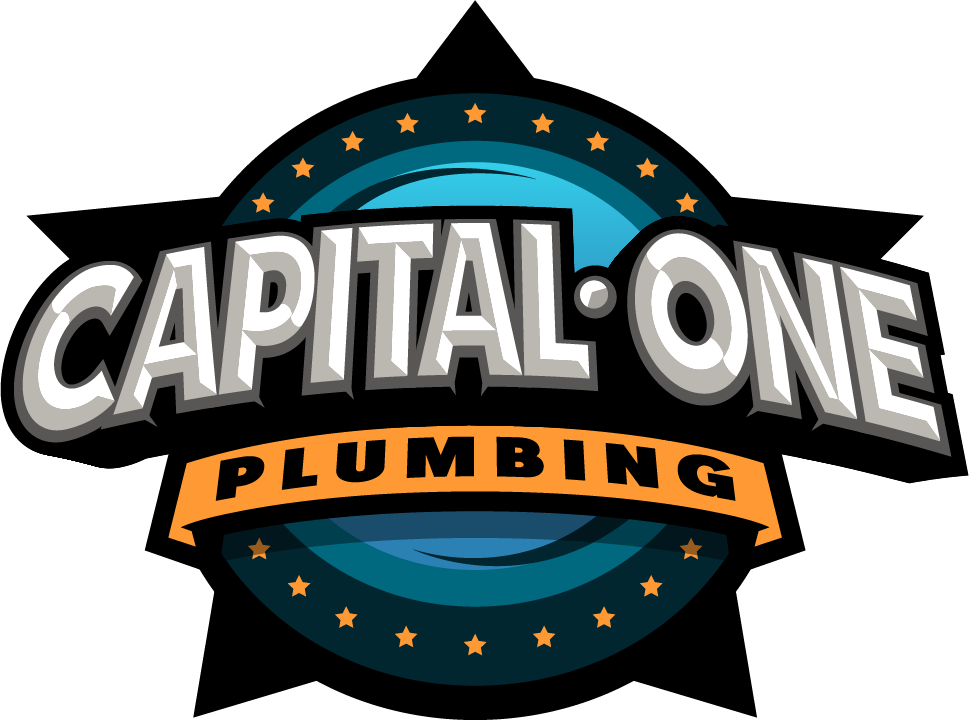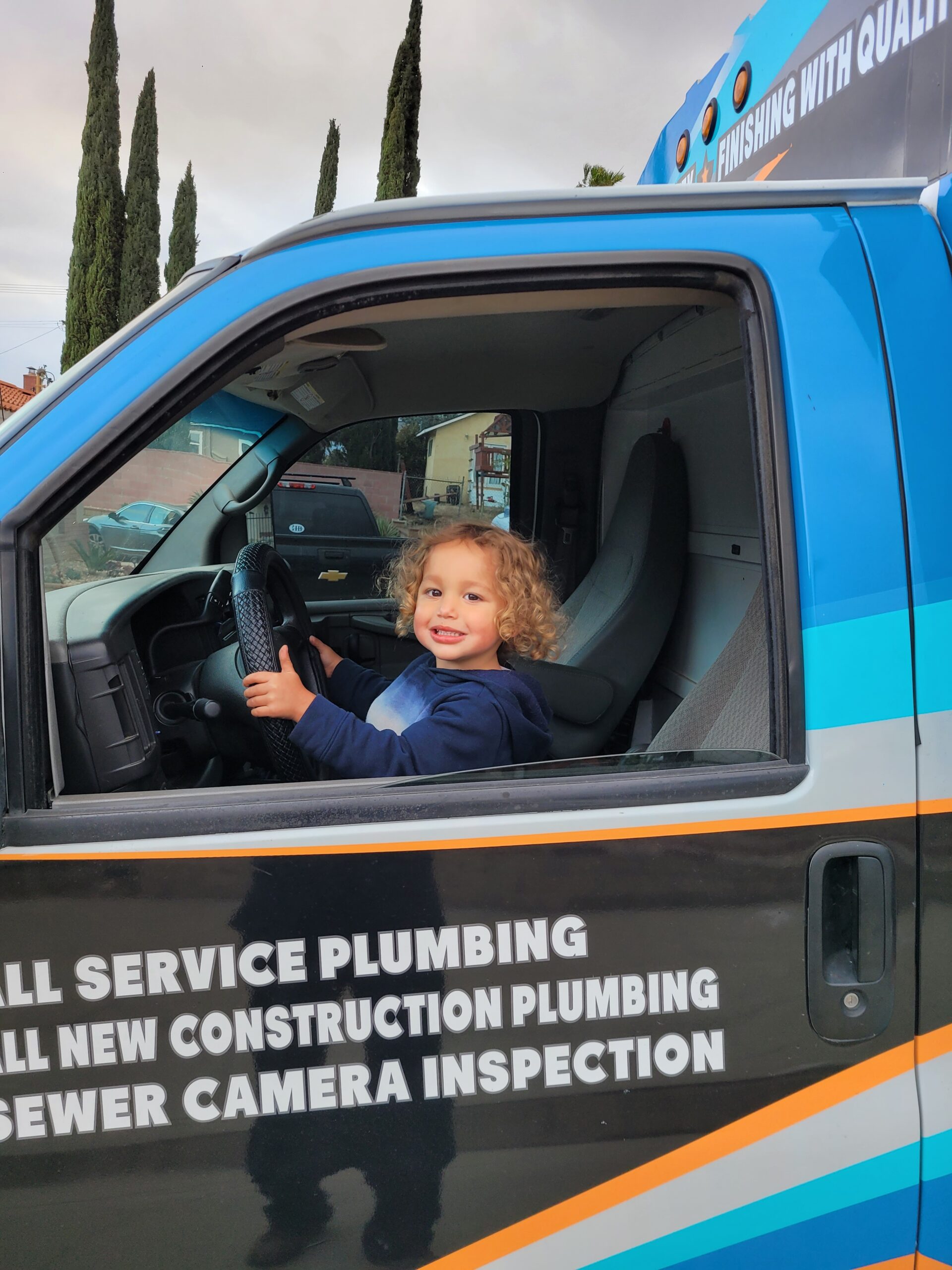1. Introduction to Drain Cleaning
Importance of Proper Drain Cleaning Maintenance
Drain Cleaning is a crucial aspect of home and commercial property maintenance. Clean drains ensure the smooth flow of water and waste, preventing costly plumbing issues. Regular maintenance minimizes blockages, odors, and potential damage to the plumbing system.
Common Issues Caused by Clogged Drains
Clogged drains lead to numerous problems, including slow water drainage, backflow, pipe damage, and unpleasant smells. Left unchecked, these issues can escalate into more severe and expensive plumbing emergencies.
Residential vs. Commercial Drain Cleaning Needs
While residential drain cleaning typically involves sinks, showers, and toilets, commercial properties often face more extensive systems with higher usage. This requires more frequent and thorough maintenance to avoid operational disruptions.
2. Signs That Your Drains Need Cleaning
Slow Drainage
When water takes longer than usual to drain, it’s often a sign of a developing blockage. This could be due to debris accumulation, mineral buildup, or pipe damage.
Unpleasant Odors
Foul smells emanating from drains usually indicate trapped food, grease, or waste. These odors suggest that cleaning is needed to prevent further buildup.
Gurgling Sounds from Pipes
Unusual noises from drains often point to air trapped in the plumbing system due to partial blockages. Ignoring these sounds can lead to complete obstructions.
Frequent Clogs and Backups
Recurring clogs indicate a deeper issue within the drainage system. Regular backups suggest that simple plunging or snaking won’t suffice, and professional cleaning may be required.
3. Causes of Drain Clogs
Hair and Soap Scum Buildup
Bathroom drains frequently clog due to hair and soap residue. Over time, these materials form dense blockages that slow water flow.
Grease and Food Particles in Kitchen Drains
Kitchen sinks often suffer from grease, oil, and food scraps accumulating in the pipes. These substances solidify, causing stubborn clogs.
Mineral Deposits and Hard Water Effects
Hard water leaves mineral deposits in pipes, gradually narrowing the passage and reducing water flow efficiency.
Foreign Objects and Debris
Items like wipes, sanitary products, and small objects mistakenly flushed down toilets can quickly obstruct the drainage system.
4. Drain Cleaning Methods
DIY Solutions and Home Remedies
- Baking Soda and Vinegar Mix: A natural cleaning solution that helps dissolve minor clogs and deodorize drains.
- Boiling Water Flush: Pouring boiling water can break down grease and soap buildup.
- Plungers and Drain Snakes: These tools provide mechanical assistance in dislodging blockages near the surface.
Professional Drain Cleaning Services
- Hydro Jetting: High-pressure water streams clear tough blockages and clean pipe interiors.
- Drain Augering: A motorized snake that removes deep-seated obstructions.
- Video Camera Inspections: Plumbers use cameras to identify blockages and assess pipe conditions accurately.
5. Tools and Equipment for Drain Cleaning
Plungers and Drain Snakes
Essential for minor clogs, these tools offer quick and effective solutions for surface-level blockages.
Chemical Drain Cleaners (Pros and Cons)
While effective, chemical cleaners can damage pipes over time and pose environmental risks.
Advanced Equipment Used by Professionals
Hydro jetters, motorized augers, and inspection cameras provide thorough and efficient drain cleaning.
6. Preventative Drain Maintenance Tips
Regular Flushing with Hot Water
Flushing drains weekly with hot water prevents grease and soap buildup.
Installing Drain Covers and Screens
These prevent hair, food particles, and debris from entering the pipes.
Proper Disposal of Grease and Waste
Avoid pouring grease and food scraps down the sink to prevent solidification and blockages.
Routine Professional Inspections
Annual inspections catch potential issues early, reducing the risk of major plumbing problems.
7. When to Call a Professional Plumber
Persistent and Recurring Clogs
If clogs keep returning despite DIY efforts, professional intervention is needed.
Foul Smells Indicating Deep Blockages
Persistent odors often suggest severe buildup that requires specialized equipment.
Multiple Drains Backing Up Simultaneously
This indicates a main line blockage affecting the entire plumbing system.
Water Damage or Leaks Around Drains
Visible leaks or water damage around drains point to pipe cracks or joint issues.
8. Cost of Drain Cleaning Services
Factors Affecting the Price
Location, the severity of the clog, and method used to influence service costs.
Average Costs for Residential and Commercial Services
Residential cleaning typically costs less than commercial due to system complexity.
Cost vs. Value of Professional Maintenance
Investing in professional services prevents expensive repairs and extends plumbing lifespan.
9. Conclusion
Maintaining clean and efficient drains is essential for both residential and commercial properties. By balancing DIY methods with professional services, property owners can ensure long-term plumbing health and avoid costly emergencies. Prioritizing regular maintenance saves time, money, and stress in the long run.

